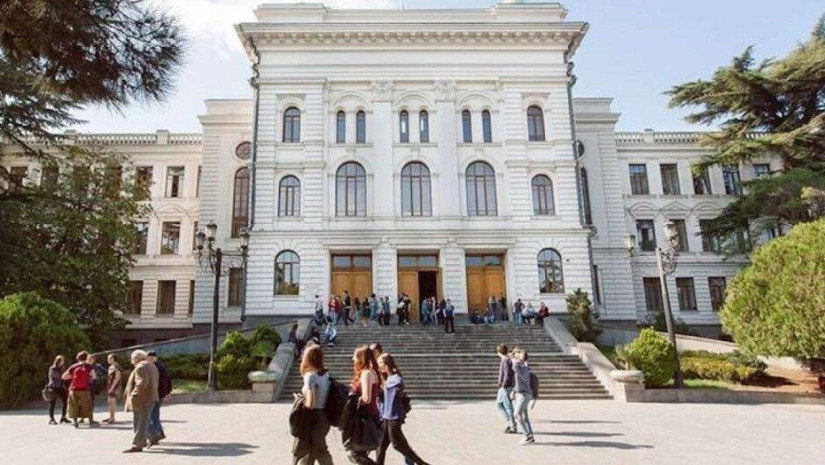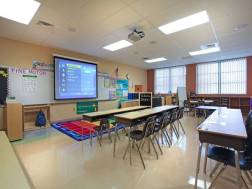PMC Research Centre published a report on Foreign Students and Foreign Language Programs Dynamics in Georgia. In 2022-2023 academic year, the total amount of tuition fees paid annually by foreign students increased from GEL 14 million to GEL 260 million, with an average annual growth rate of 39%.
According to the document, the number of foreign students enrolled in higher education institutions in Georgia has risen recently. Specifically, from the 2013-2014 academic year to the 2022-2023 academic year, their number increased from 3,508 (from 27 countries) to 20,690 (from80 countries), indicating an average annual growth rate of 22.3%.
To gain a broader picture of the foreign students dynamics, it is necessary to observe their distribution by educational program.
The share of foreign students taking medicine, healthcare, pharmacy, and dentistry increased significantly from the 2013-2014 academic year to the 2022-2023 academic year.
From the 2013-2014 academic year to the 2022-2023 academic year, average tuition fees for foreign-language educational programs in which foreign students were enrolled skyrocketed, from GEL 4,300 to GEL 9,400, respectively. The annual growth rate over this period amounted to 9%.
From 2013 to 2021, despite an increase in tuition fees in GEL, these did not increase in USD. Hence, the increase in tuition fees in GEL during this period was strongly determined by the depreciation of the Georgian Lari. However, in the 2022-2023 academic year, the tuition fee in USD rose far sharper than it did in GEL. The average tuition fee in GEL increased by 14%, while in USD it rose by 30%.
As the number of total tuition fees paid has increased over the analyzed period, so too did its share in the education sector’s nominal GDP. From the 2013-2014 academic year to the 2021-2022 academic year, this share increased from 1.1% to 7.3%. In terms of total nominal GDP, over the analyzed period of 2013-2021, the share increased from 0.05% to 0.3%.
"To conclude, in recent years, there has been a significant rise in the number of foreign students studying in Georgia, and as a result of the increased demand, Georgian institutions have started to expand the number of educational programs in foreign languages. Along with the growing quantity of foreign students, their financial contribution to Georgian higher education has also risen. In terms of programs being studied by foreign students, the situation is somewhat homogenous as the vast majority are enrolled in medicine-related programs. A dependence on programs in medicine to attract foreign students may provide challenges in the future if interest declines. With this in
mind, the Georgian higher education system should put more effort not only toward attracting students from a broader range of countries but also toward attracting foreign students interested in academic fields other than medicine", - the document reads.
















